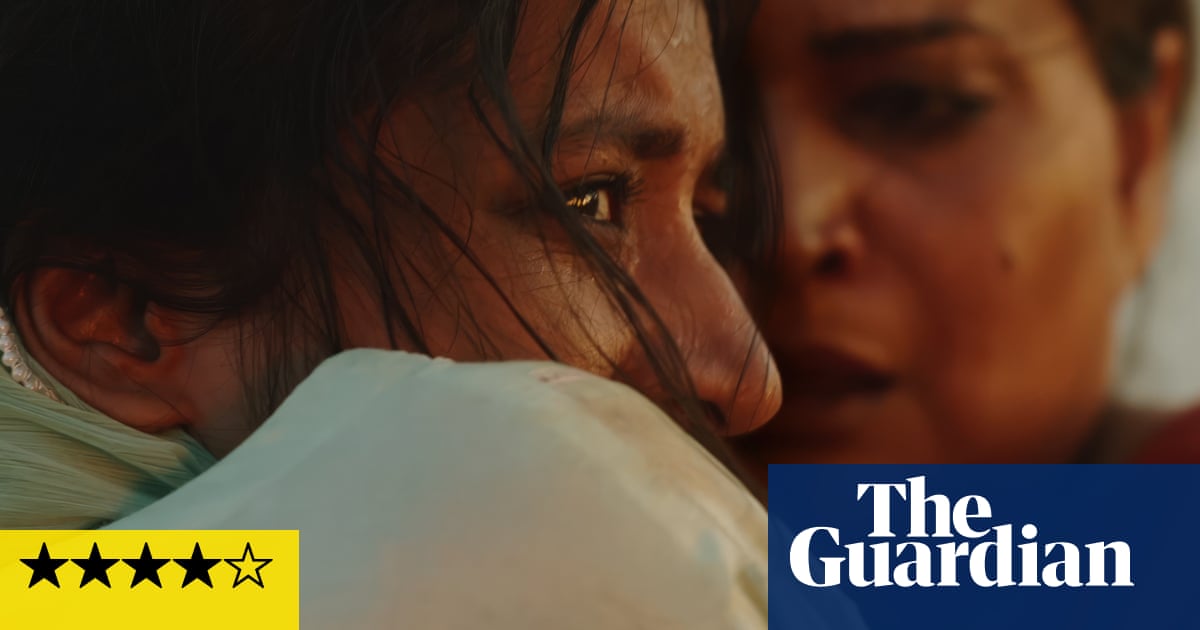
Pakistan’s patriarchal society is a too credible source of horror in this promising feature debut from Canadian-Pakistani writer/director Zarrar Khan, whose gallery of violent, predatory and swindling menfolk represent a living nightmare for its disempowered women. The story firmly grounds itself in everyday Karachi life before drifting into more supernatural realms, which makes it a revealing slice of social realism as much as a horror film.
Things are oppressive from the outset for 25-year-old medical student Mariam (Ramesha Nawal); a male stranger throws a brick through her car window, apparently for the offence of being female while driving. But as a result she befriends a relatively decent man: Asad, a student from liberal Canada. Their early romance progresses quickly and chastely (an official admonishes them for sitting too close to each other on a park bench), but just as things are heating up, an unexpected incident sends Mariam into a tailspin of despair, guilt and resurfacing trauma. Her mother Fariha isn’t doing much better; her abusive husband died when Mariam was a child, and now Mariam’s grandfather, the patriarch of the family, has also died. As a woman, Fariha has no property rights of her own, which leaves her at the mercy of Mariam’s oily Uncle Nasir, who suddenly turns up offering help.
As Mariam’s plight deepens, the story steadily untethers from reality. She starts hearing strange noises and seeing blank-eyed ghosts of men from her past, loitering ominously from a distance, then getting closer. The borders between fantasy and reality start to blur, and the estranged mother and daughter begin to sense they share a common predicament. That the story never strays into outright genre scares is both a strength and a weakness; the social critique shines through, but the climax of the story feels a little subdued. However Nawal centres the story and holds the screen admirably; conveying emotional subtleties and depths, often without words, and this feels like a glimpse of a world that’s usually hidden.
Source: theguardian.com





















